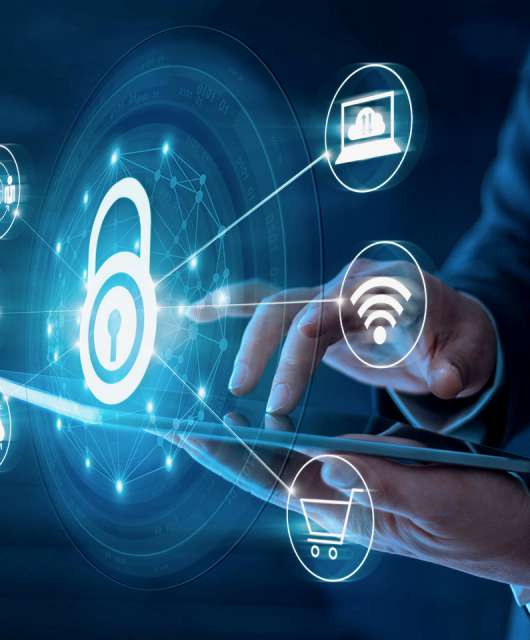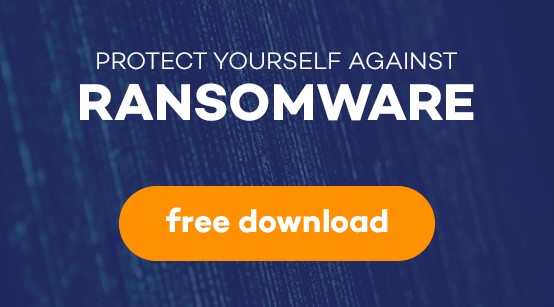Online voting could introduce great risk into the election system by threatening voters
It’s the 21st century, and we are living in the future as technology is advancing at a rapid speed. It has never been easier to shop online and to do online banking. It is possible money will even cease to exist as blockchain digital currencies such as Bitcoin and Monero are gaining more and more popularity. At least here in the US, we rarely hold paper money with us anymore – all we see is a number on our internet banking profiles. And in the rare cases where you get a check, you no longer have to wait to deposit it at a bank, you skip the lines by using your banking app to deposit it from your phone.
Our lives are already online, should technology advancement keeps its steady growth, by the end of the century there will be mass production of driverless cars, and we will become interplanetary species. Scary and exciting at the same time as trips to Mars might be possible in our lifetimes.
Every process imaginable is getting improved thanks to technology. There is an app for everything except one – the voting system. When it comes to Presidential elections, what we still do is voting using physical ballots. Sounds archaic, doesn’t it? Our research shows that this is not going to change anytime soon. Here’s why;
Voter Fraud
In an ideal world, individuals eligible to participate in the elections will be assigned with login details that they will be able to use for casting votes. However, we all know people who sometimes are negligent towards the level of security of their login details. Individuals who are not tech savvy may end up swindled into sharing precious information with the wrong people. Or even worse, those login details may end up for sale online.
Another fraud related problem would arise from the fact that people’s addressed and information will have to be stored on third party servers to be used as a tool to verify their identities. Having so much sensitive information in one place might turn out to be a disaster should such database get pampered with. Regular folks might be stopped from the ability to cast a vote due to incorrect address adjustments, and bots might be added to the databases creating armies of fake voters.
Security
The inability of current technology to ultimately protect the elections from outside interference is one of the main reasons why online voting is not possible at the moment. Or at least it is not a good idea for a country the size of US. A possible cyber-attack could do so much damage that it may end up changing the future of the world, or render the elections’ results unusable.
One of the most prominent skills knowledgeable hackers have is to cover their digital traces after an attack; a successful hack may not only alter the elections but also may make us unaware that the breach ever happened. The possibility of such outcomes makes ordinary people, as well as experts, unable to trust online voting.
Privacy
Last but not least, elections are supposed to offer anonymity. Paper ballots do not leave a record of the person casting a vote. Online voting might not be able to protect people’s privacy as third parties involved in the elections might be able to see how certain people vote through the digital tracks left in the system. This raises a whole lot of ethical question and kills the entire idea of the elections.
In the free world, everyone willing to cast a vote deserves the right to remain anonymous and execute their right of voicing an opinion without any repercussions. Online banking or shopping transactions are based on your identity, where companies can confirm you are the one behind the screen. With online voting, this would not be a problem too, but the outcome needs to remain anonymous as you do not want people to be able to see who you voted for.
There have been speculations that the solution might be hidden in Ethereum’s smart contracts. The blockchain-based computing platform features smart contract capabilities that might hold the key to anonymous yet secure online voting. However, it is more likely for us to populate Mars before we develop an online voting solution smart enough to process 220 million votes in a night correctly.






